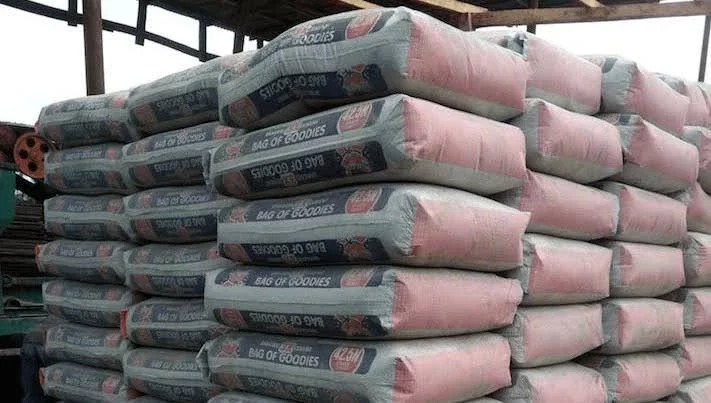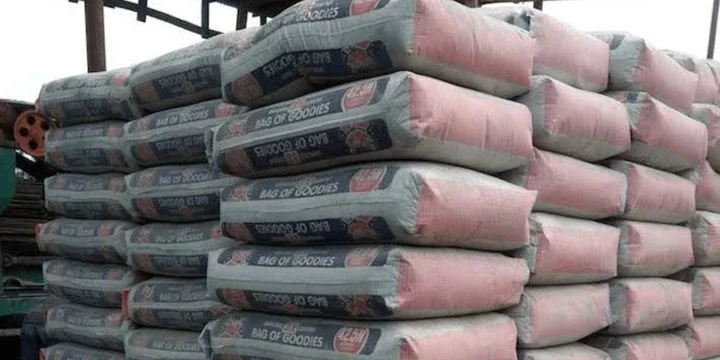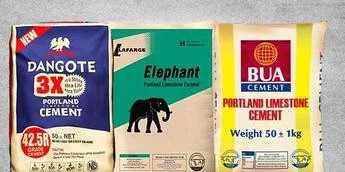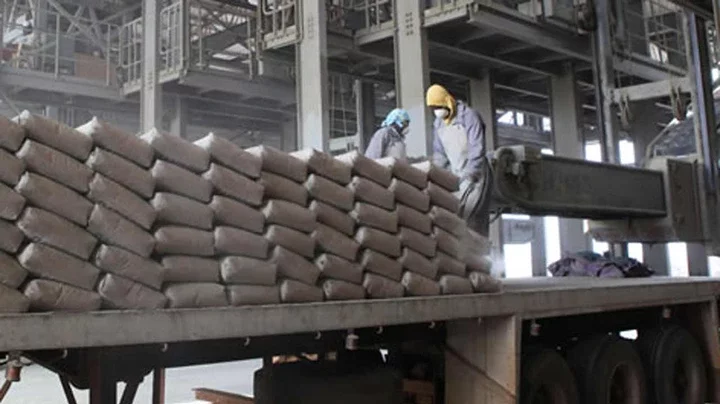
As of December 1, 2024, cement prices in Nigeria have reached unprecedented levels, with some brands experiencing a dramatic increase of over 100% in the past year. This significant price hike has sparked widespread concerns among consumers, builders, and industry stakeholders, given cement' s crucial role in construction and infrastructure development.
The surge in cement prices has been attributed to multiple factors, including inflation, rising production costs, and shifting market dynamics. Inflation has affected various sectors of the Nigerian economy, driving up the cost of raw materials, transportation, and energy. In addition, manufacturers face challenges such as high exchange rates, expensive import duties on machinery and spare parts, and erratic power supply, which necessitates reliance on costly alternatives like diesel generators.
Nigeria' s cement market is dominated by major brands like Dangote Cement, BUA Cement, Elephant/Lafarge Cement, Eagle Cement, and Ashaka Cement. Among these, Dangote Cement, known for its extensive production capacity and market presence, is regarded as the most expensive.
The price of a 50kg bag of Dangote Cement currently ranges from ₦7, 500 to ₦8, 000, depending on the location and retailer. Similarly, BUA Cement, celebrated for its quality and reliability, is priced between ₦7, 500 and ₦7, 700. Lafarge Cement, another key player in the industry, offers a slightly lower price range, between ₦7, 400 and ₦7, 600 per 50kg bag.
These rising costs have raised concerns about the affordability of housing and infrastructure projects in Nigeria. Cement, a vital component in construction, plays an indispensable role in building homes, bridges, roads, and other essential structures. With prices soaring, the cost of construction has inevitably increased, potentially slowing down the pace of development and affecting the real estate market.
Efforts to address this issue have included calls for increased local production to reduce reliance on imports and mitigate the impact of foreign exchange volatility. Industry experts have also emphasized the need for government intervention to regulate prices, ensure market stability, and support manufacturers with policies that reduce production costs.
As Nigeria grapples with the challenges posed by rising cement prices, it remains to be seen how these developments will shape the construction industry and the broader economy. For now, consumers and builders alike are forced to adapt to the higher costs, while industry players navigate a complex landscape marked by inflationary pressures and fluctuating market conditions.














Comments